Supporting Agency in Students and Teachers
It is more important than ever that students come to know themselves as a learner and to be able to approach new situations with confidence in their ability to learn. The Student Agency in Assessment for Learning (SAAL) Project focused on helping teachers gain the knowledge and skills to support their students to manage and understand their own learning. During this blended professional learning experience, teachers in Arizona and Oregon used video study groups to reflect on students’ use of peer feedback and self-assessment. Teachers developed agency through the use of site-based, teacher-led continuous improvement cycles. Teachers filmed their students, collaboratively analyzed their classroom video, and provided peer feedback to support teacher goal-setting to improve formative assessment practices.
Our Project
 |
 |
 |
 |
|---|---|---|---|
TeachersUnderstand how teachers rediscovered a joy in teaching and learning. |
StudentsDiscover how students developed self-regulation skills through peer feedback and self-assessment. |
Professional Learning DesignRead how teachers used video study groups to practice formative assessment processes. |
BackgroundLearn who funded SAAL, some of its results, and how to learn more. |
“Learning is viewed as an activity that students do for themselves in a proactive way rather than as a covert event that happens to them in reaction to teaching.”
-Barry J. Zimmerman
We Focused on Two Formative Assessment Practices
Peer Feedback
In peer feedback, the focus is on interactive sharing of information between peers about how learning is progressing. Peers provide feedback related to success criteria that is intended to help one another reflect on their own learning and determine next steps for themselves. In this way, peer feedback assists students to engage in a cyclical process of determining next steps (goals), planning how they will reach those goals, monitoring implementation of their plan, and receiving feedback about progress. Download Peer Feedback Continuum
Self-Assessment
During self-assessment, students monitor their own thinking and consider strategies they can use to support their own learning. To monitor their own learning, students compare their performance to the criteria that have been established for each lesson, in order to internally evaluate their progress towards the learning goal. Students’ ability to self-assess needs to be developed over time through structured protocols that support metacognitive thinking, teacher feedback, and ongoing opportunities to engage in self-assessment as learning is underway. Download Self-Assessment Continuum
